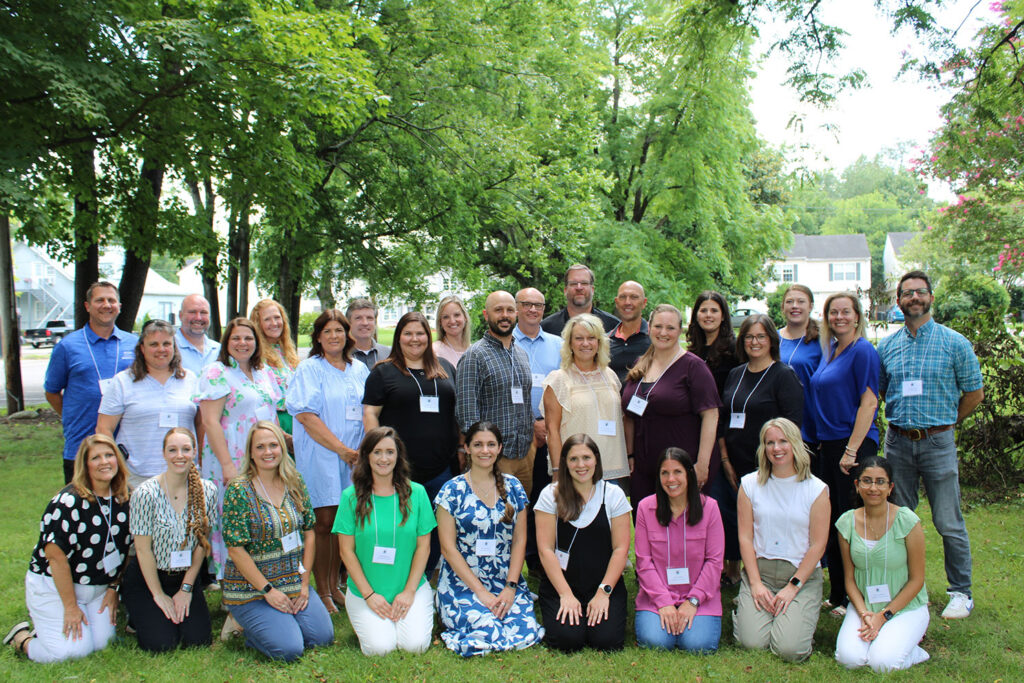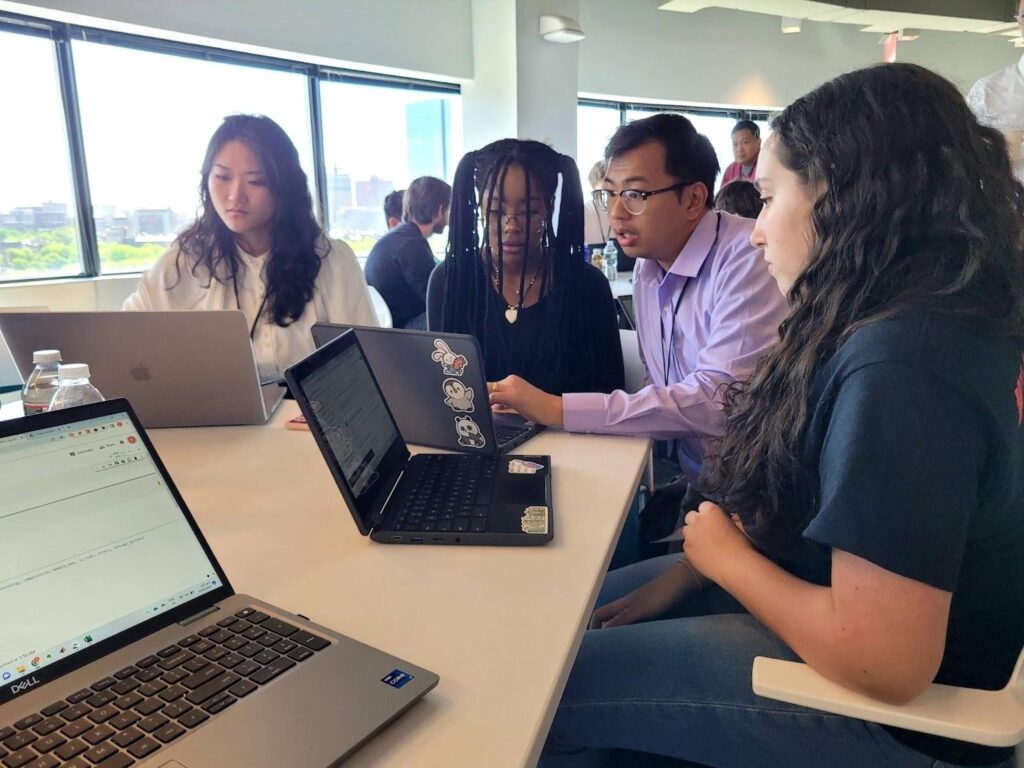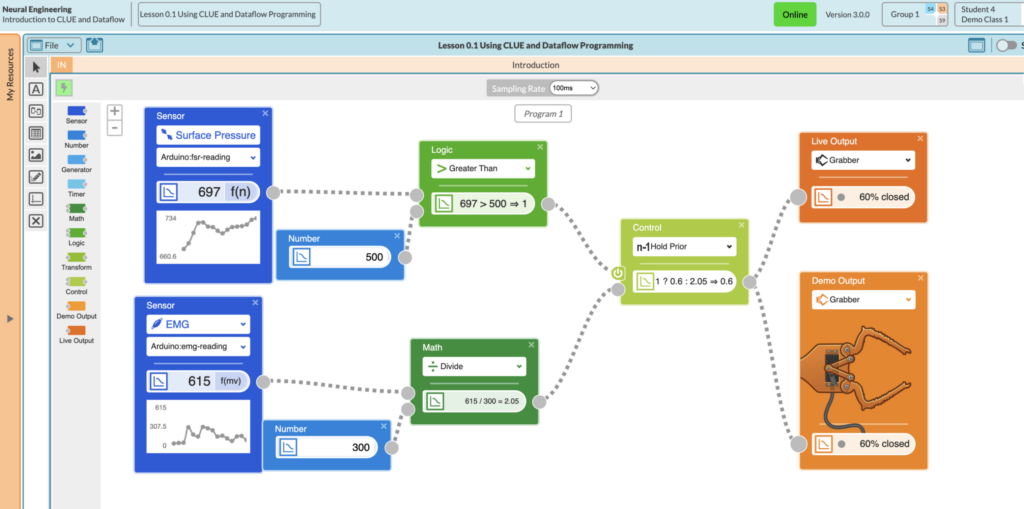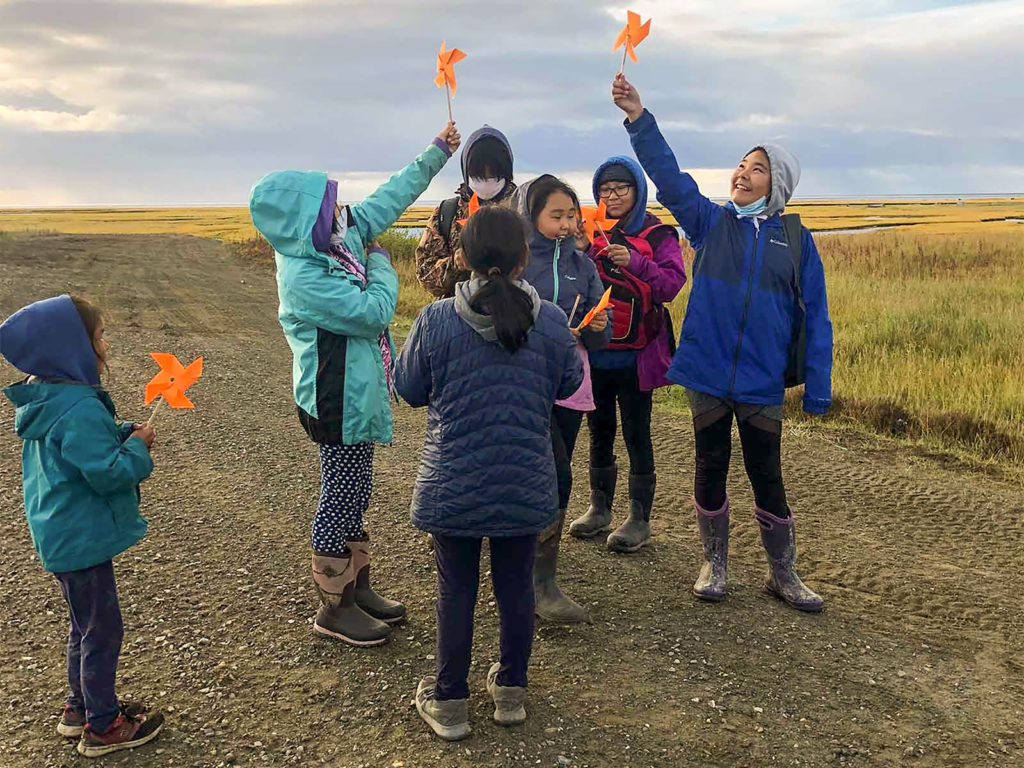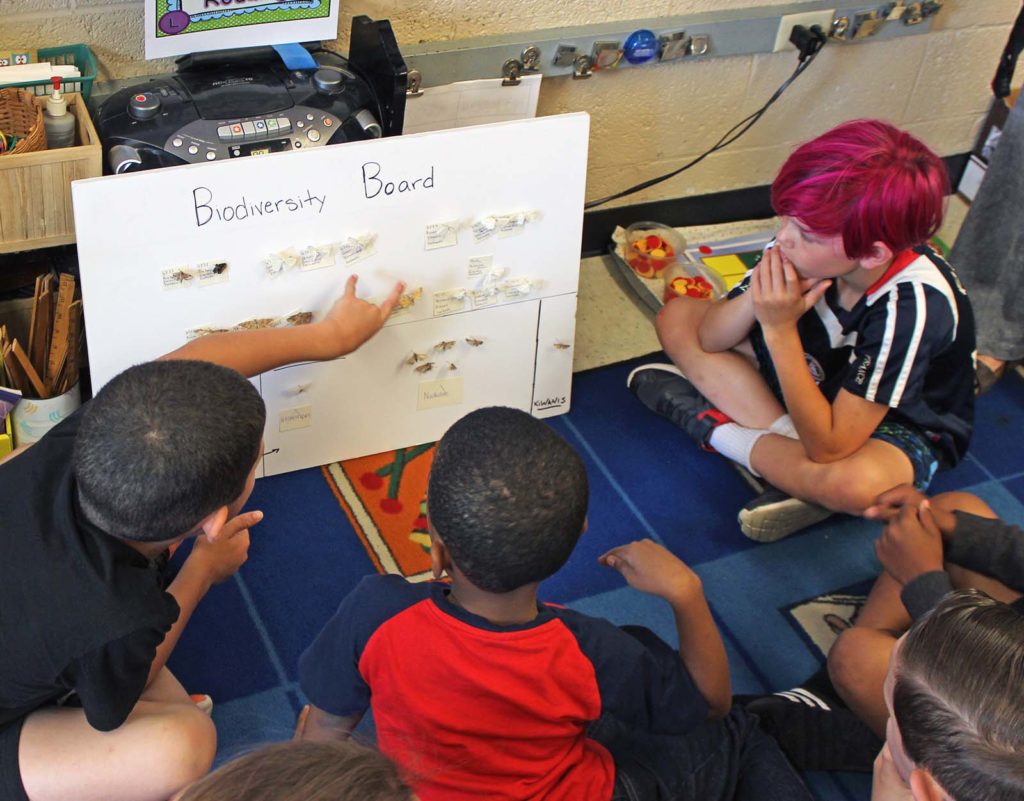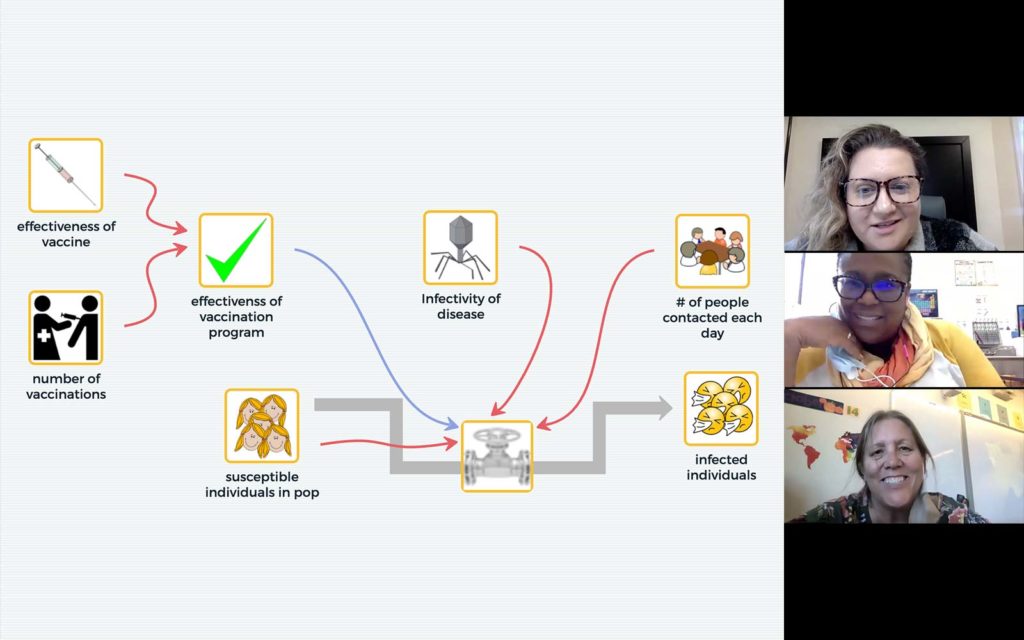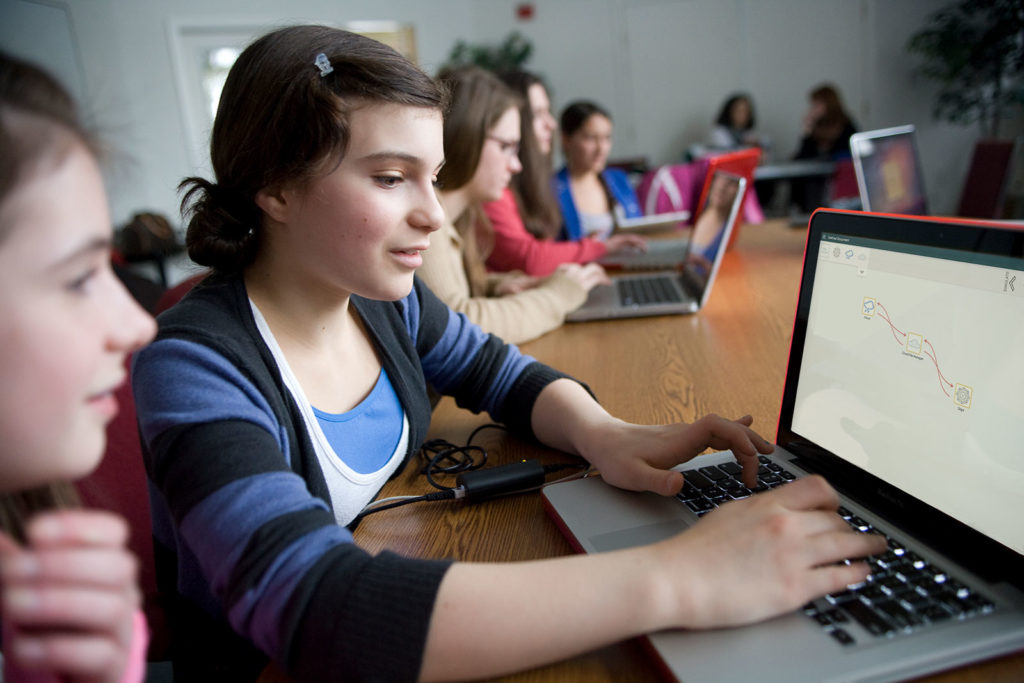Category: Subject: Biology
In partnership with Middle Tennessee State University, we are developing a master’s plus program that integrates coursework in leadership and data science education. LEADS is designed to develop teacher competency, recognition, belonging, and identity.
We’re developing an innovative curriculum and datathon aimed at preparing women and minorities to become engineers, researchers, and healthcare professionals who write algorithms, design research methods, and collect data, ultimately reducing bias in AI and medical databases.
We are working to develop the CODAP ecosystem by engaging user communities, refining development infrastructure, establishing effective governance models, and exploring sustainability options to ensure CODAP’s future.
In collaboration with the University of Connecticut, we’re designing activities for high school biology students that engage them in computational thinking as they learn how to use electrical signals from their brains to control virtual and real mechanical devices.
Two new projects focused on grades 3-5 and 6-8 are supporting Yup’ik students in Hooper Bay, AK. We are engaging community partners, teachers, and students in adapting Concord Consortium STEM units by including local phenomena and Universal Design for Learning (UDL) features.
In collaboration with Rutgers University, UNC Greensboro, and middle school students and teachers in New Brunswick, New Jersey, we are investigating the development and implementation of life science materials that support local, consequential learning.
Michigan State University and the Concord Consortium are collaborating on MothEd to design, implement, and test curricular materials and educator supports that give elementary and middle school learners agency in decision-making while they explore the ecology of local moths.
The Concord Consortium and Michigan State University are collaborating to offer remote professional learning to high school teachers to engage their students in three-dimensional learning using SageModeler for system modeling and computational thinking.
The Concord Consortium and Michigan State University are collaborating to research technological, curricular, and pedagogical scaffolds needed to support students and teachers in developing computational thinking in the context of system modeling.
Using computer-based, manipulable models of interacting organisms and their environments, fourth grade students learn Darwin’s model of natural selection as the process primarily responsible for evolution.
